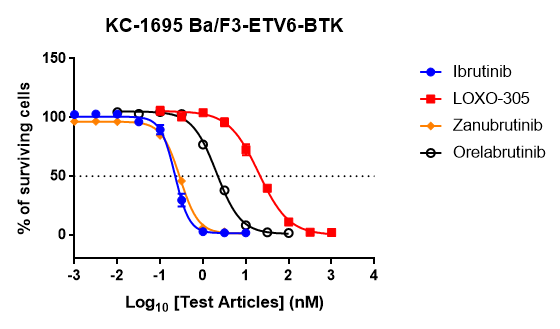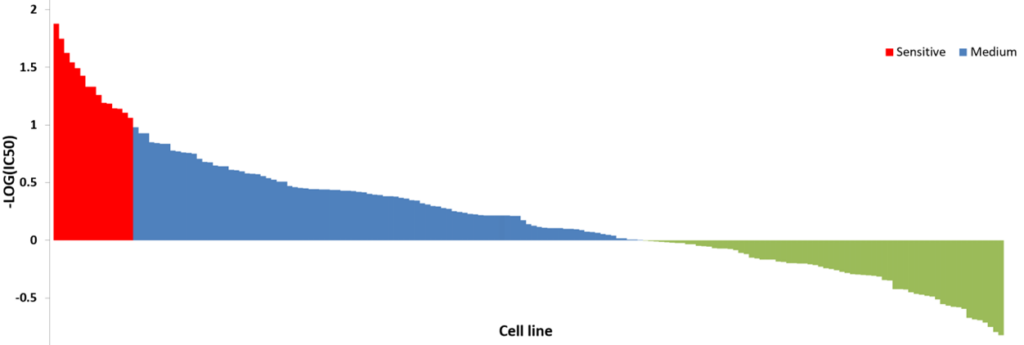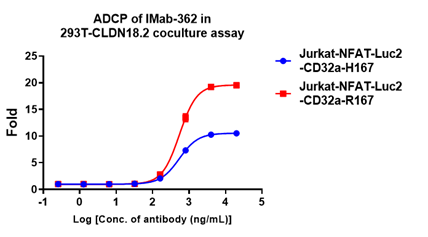Immuno-Oncology Assay
In Vitro Services
Immuno-Oncology Assay Overview
 Immuno-Oncology Assay technology stands as a key technology applied in the field of tumor immunology. It is employed for the evaluation and study of interactions between the immune system and tumors, as well as for the development of immune therapeutic drugs and the detection of immune-related biomarkers.
Immuno-Oncology Assay technology stands as a key technology applied in the field of tumor immunology. It is employed for the evaluation and study of interactions between the immune system and tumors, as well as for the development of immune therapeutic drugs and the detection of immune-related biomarkers.
Kyinno boasts an experienced team with in-depth knowledge of the operational procedures and technical nuances of Immuno-Oncology Assays. We offer multiparameter analysis, mastering various crucial technical methods, including flow cytometry, cytokine analysis, cell proliferation, and toxicity testing. These methods can simultaneously detect multiple immune-related factors, allowing for a comprehensive evaluation of the role and response of the immune system in tumor development.
Simultaneously, we are equipped with state-of-the-art laboratory equipment and instruments, such as flow cytometers, cell culture equipment, and high-throughput analysis platforms. This enables us to provide high-throughput data analysis and high-resolution imaging, along with detailed result reports to assist in your research endeavors
All in vitro Services

The 2D Cell Proliferation Assay, a primary method for cell growth studies, focuses on tumor cells cultured in suspension or monolayers. It allows for comprehensive analysis, highlighting cell development dynamics.

The value of tumor cell lines, as research models and drug discovery tools, is greatly enhanced when there is an understanding of the underlying genetic abnormalities that drive their phenotype. Kyinno provides customized cell panel studies to facilitate your drug discovery and biomarker programs.

Organoids, sophisticated 3D organ replicas grown in vitro, are vital in biomedical research, aiding disease modeling, drug testing, and understanding organ development. KYinno excels in cultivating organoids from diverse tumor tissues, collaborating closely with cancer hospitals to ensure translational relevance.



FACS Binding Assay or Fluorescence-Activated Cell Sorting, is a pivotal cellular biology research technique for binding evaluation. It offers insights into cellular binding mechanisms, enriching our understanding of cell interactions.

